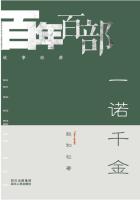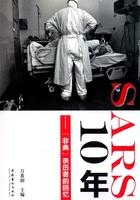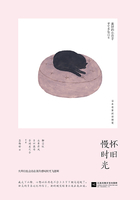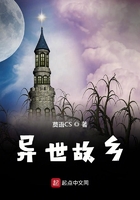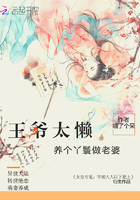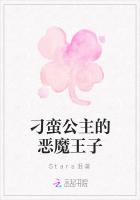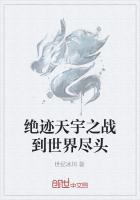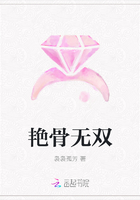In Chinese, the word “yuyan” (fable) is composed of two words: “Yu” means implying something or expressing something in a disguised manner, while “Yan” means words or languages. Therefore “yuyan” means to explain a certain principle through the personification of invented stories or natural objects. This is the literal interpretation of the word “yuyan”. In the daily life, the fable, a time-honored form of literature, often exists in long and large articles in the form of small stories to help explain the particular principle, or persuade individuals of the principle so that readers can understand the profound meanings of the articles.
Chuang Tze, a great philosopher in the Warring States Period (475 BC-221 BC) of China, first used the word “yuyan” in his articles. He wrote, “Most of the fables need to be read between the lines,” which means that profound thoughts are expressed through simple stories. If further interpreted in the modern language, then Chuang Tze"s statement can mean that the stories are used to express ideas of the authors—ideas that are hidden within the stories in which readers need to read between the lines.
In reality, fables are also a form of literature that matured a long time ago in both China and foreign countries. The well-known story—The Farmer and the Snake—is in fact a fable by a Greek called Aesop. In addition, Bible stories also contain many fable stories.
In general, fable stories are fictitious, that is, people invent them. True stories often lack the overtones of fictitious ones, and therefore are very difficult to generate profound levels of wisdom. The power with which fables strike people is not whether they are true to reality, but rather the implied meaning that teaches people, advises people and enlightens people. Some fables have evolved into idioms. When we readily use these idioms, the wisdom of these fables will instantly spread into our intellectual space.
To this end, we have identified stories from the vast number of Chinese ancient fable stories, and compiled them into this collection. These fables are the finest and most famous in the Chinese history.


